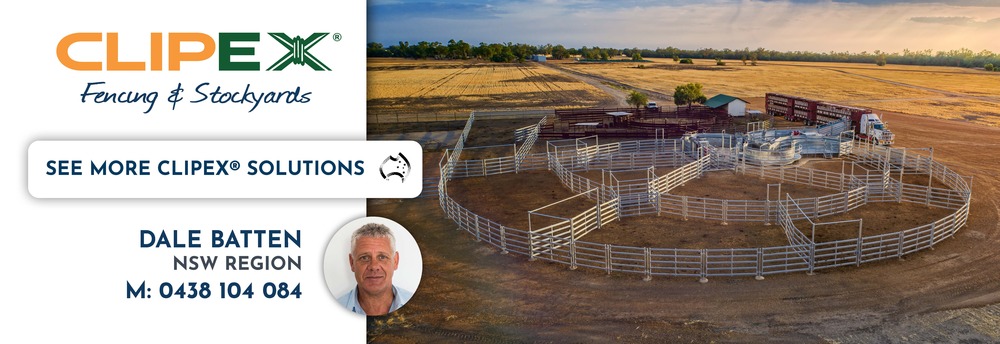CAHS pioneer hearing health program
Coonamble Times
27 June 2023, 3:40 AM
 Hearing health help for Indigenous people.
Hearing health help for Indigenous people.A ground-breaking partnership between the Coonamble Aboriginal Health Service (CAHS) and Hearing Australia intends to close the gap on hearing loss statistics.
In the 2018-19 National Aboriginal and Torres Strait Islander Survey, it was revealed that hearing loss is more of a burden on indigenous Australians than non-indigenous Australians.
The rate of hearing problems in Indigenous children aged zero to six was over twice the rate for non-indigenous children at 6.9% compared to 3%.
In response, CAHS, along with the Orange Aboriginal Health Service and the Katherine West Health Board, have been working with Hearing Australia to create an early intervention and prevention style program that targets hearing loss in indigenous children across the country.
"For us as an Aboriginal Health Service to be partnering with a national body is great," said Coonamble Aboriginal Health Service CEO, Phil Naden.
"It's one of the first partnerships that we've had that’s a co-designed program."
"It'll be targeting children in that zero to six age group, working on preventing hearing loss but also early intervention."
The National Australians Agency, a branch of the Australian Institute of Health and Welfare found that Otitis media (inflation and infection of the middle ear) is a "significant cause of hearing loss in Indigenous Australian children."
Otitis media in Indigenous children is characterised by earlier onset, higher frequency, greater severity and greater persistence than in non-Indigenous children.
According to the NAA, overcrowded housing has been identified as a significant risk factor for otitis media, and exposure to campfire and tobacco smoke are also risk factors for early otitis media in infants.
Phil Naden says the new program will help communities in the fight against otitis media.
"It will help pick up otitis media before it becomes an issue," said Mr Naden.
"As part of the program, our staff will receive additional training as well."
The program will provide free diagnostic hearing assessments, and then follow-up treatment for Aboriginal and Torres Strait Islander children who fit into that zero to six-year-old age bracket.
"We've just formalised the agreements, but we'd hope to have it up and running in the new financial year," said Mr Naden.
"It's a bit of a call to action, we found one in three of our children struggle with ear and hearing problems, and we want to close that gap."
Managing Director of Hearing Australia, Kim Terrell, is excited to begin the partnership with CAHS.
"We currently work with more than 100 Aboriginal community-controlled health services and will provide hearing services to some 25,000 First Nations children and adults this financial year."
"But we need to improve the hearing health outcomes for First Nations people and through these partnerships, we're looking forward to collaborating with more local services as we roll the model out across the country."
As part of the program, a dedicated "First Nations Support Line" has been formed.
"After trialling and refining the service, we're pleased that parents, health professionals, educators, and others working with First Nations communities, can now access the support they need by simply giving us a call,” said Sherilee McManus, from Hearing Australia’s First Nations Services Unit.




